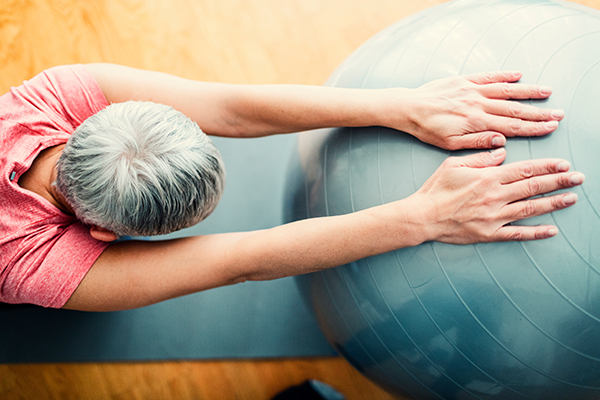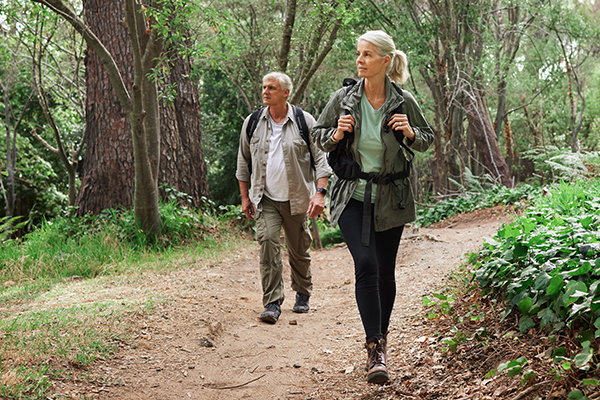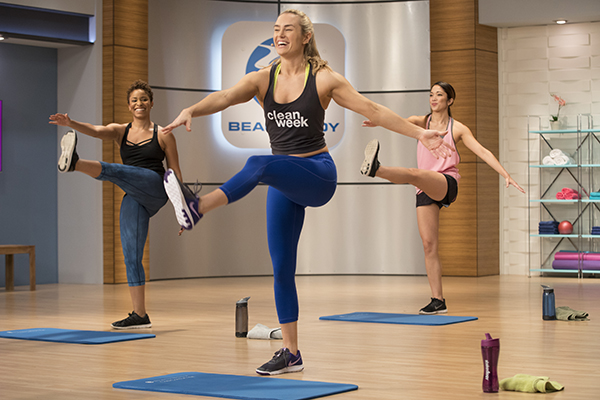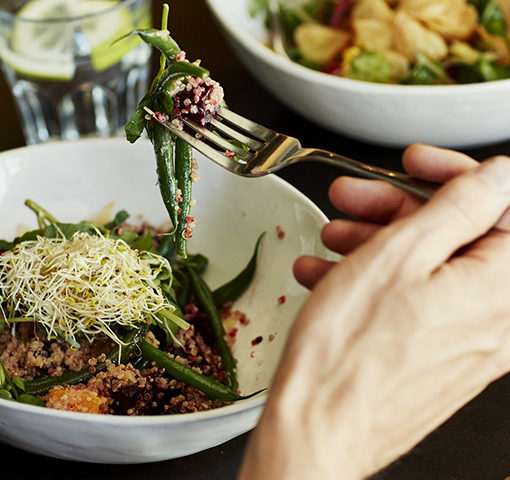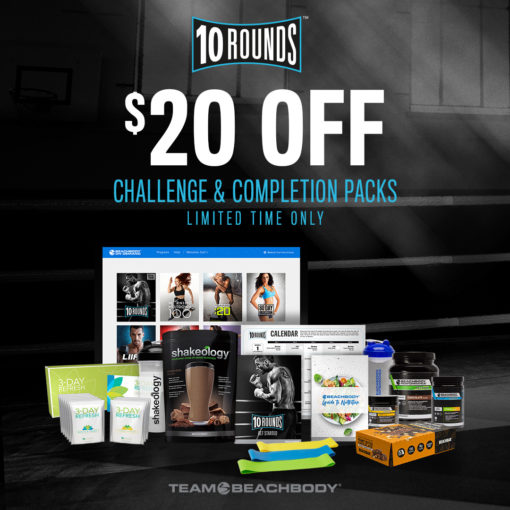Getting started with fitness after 50 can be daunting but one factor you should never doubt, though, is that it’s worth it. Despite the cute sayings about how 50 is the new 30, there are plenty of distinctive changes that come with the big 5-0 that make it both challenging and rewarding.

Despite the cute sayings about how 50 is the new 30, there are plenty of distinctive changes that come with the big 5-0 that make it both challenging and rewarding.
For both men and women, getting started with fitness at this age — or coming back to working out — often requires a more thoughtful, wade-in approach to ensure you’re easing your body into a routine in a healthy, sustainable way.
One factor you should never doubt, though, is that it’s worth it.
“As we age, the body produces new cells at a slower rate, our metabolism slows, and our cells’ structures change, losing their ability to function optimally,” says Lisa Hubbard, a Pilates instructor with more than 20 years of experience — and creator of Beginner Pilates.
“The best way to combat the aging process is by movement, a healthy diet, and consistent exercise.”
The best news is that it’s not too late to get considerable benefits in terms of strength, balance, bone density, joint mobility, and all the other advantages of exercise — like improved mood, better sleep, and good cardiovascular health.
With all those benefits lined up, it’s time to dial-in your nutrition, fitness, and mindset.
But where to start? Here are some insights on the best strategies for getting started with fitness over age 50.
1. Keep a Steady Pace — Don’t Speed
It’s OK to feel like a total beginner if that’s what you are.
When you’re over 50 and starting a fitness routine, having a clear strategy can be a really big challenge, says trainer Jen Widerstrom — who designed the beginner-friendly Get Moving and Start Losing.
“When you get older, it’s hard to know what your body is capable of as you’re aging, so structure and progressions will be key as you step into a new program,” she states. “You want those so you can have continued forward progress without any injuries or setbacks.”
That means as much as you might be ready to launch yourself into a program at full force — and possibly think you’re “making up for lost time” — seeing this as a lifestyle change is a much better approach.
2. Modify as Needed
Even with programs geared toward beginners, you might not be ready to do every move, and that’s OK.
Challenging yourself is great, but pushing yourself in a way that means you’re not listening to your body?
Not good.
“Always remember that you are in control,” says Widerstrom. “You can take reps slower, take advantage of modifications, and watch what the teacher is doing before you do it. There’s no rush or pressure on your learning process.”
That also helps to spark curiosity, she adds. Instead of thinking of everything you can’t do, develop a passion for the process and be interested in what your body is capable of achieving.
3. Build in Rest Time
As you create a solid workout schedule, be sure to include recovery days.
That means staying active but dialing it back to get a sense of rest and rejuvenation.
It’s also a good idea to revisit your schedule weekly to see if there are other classes you might want to try, or maybe shift to doing a program that comes with a timeframe.
No matter what you choose, it’s helpful to see your age as a starting point, not a barrier.
You’re on a new adventure, and that’s exciting!
4. Listen to Your Body
As the saying goes, wisdom comes with age, so use yours to your advantage. The longer we live in our bodies, the more we get to know them.
When yours is telling you something, listen. Then respond.
“Begin slowly and build gradually to avoid the risk of injury — and listen to your body at all times,” says Hubbard. “It might be asking you to be patient, or telling you that it can take on a little more, and most definitely, it will be thanking you.”
Start With These Beginner-Friendly Programs on BODi
1. Clean Week
This is a step-by-step, 7-day nutrition and fitness program with Super Trainer Megan Davies that gives you all the tools you need to start losing weight, getting in shape, and kick-starting healthy habits that last a lifetime.
2. 21 Day Fix Real-Time
21 Day Fix is Autumn Calabrese’s OG Beachbody program, but it’s been updated with a fresh take on the original workouts and each week includes some new moves to keep you on your toes.
Each day is a different type of half-hour workout featuring Autumn and some cast members from the original 21 Day Fix.
3. Yoga52 (Level 1)
Building and maintaining mobility and flexibility is key at any age — especially after 50.
Yoga52 offers a 30-Day Yoga Foundation series, or you can choose level 1 classes on your own.
4. Get Moving and Start Losing
Specifically geared toward beginners, Widerstrom’s Get Moving and Start Losing can help you get in the best shape of your life no matter where you are along its course.
“Start Losing is perfect for this age group [50+] because it will meet you exactly where you’re at,” Widerstrom says. “You’ll know exactly where your body is supposed to be and where you’re supposed to be feeling it while taking your own personal inventory of where your body is each day.”
5. Lisa Hubbard Beginner Pilates
Pilates is one of the best starting points when you’re getting started with exercise because of its focus on core strength and the way it goes about strengthening and conditioning the body.
“It teaches proper movement patterns, body alignment, correct breathing, and it works to tone and stretch the entire body with a low-impact system of exercises,” says Hubbard.
Ready to get started? Sign up for a BODi membership now.
